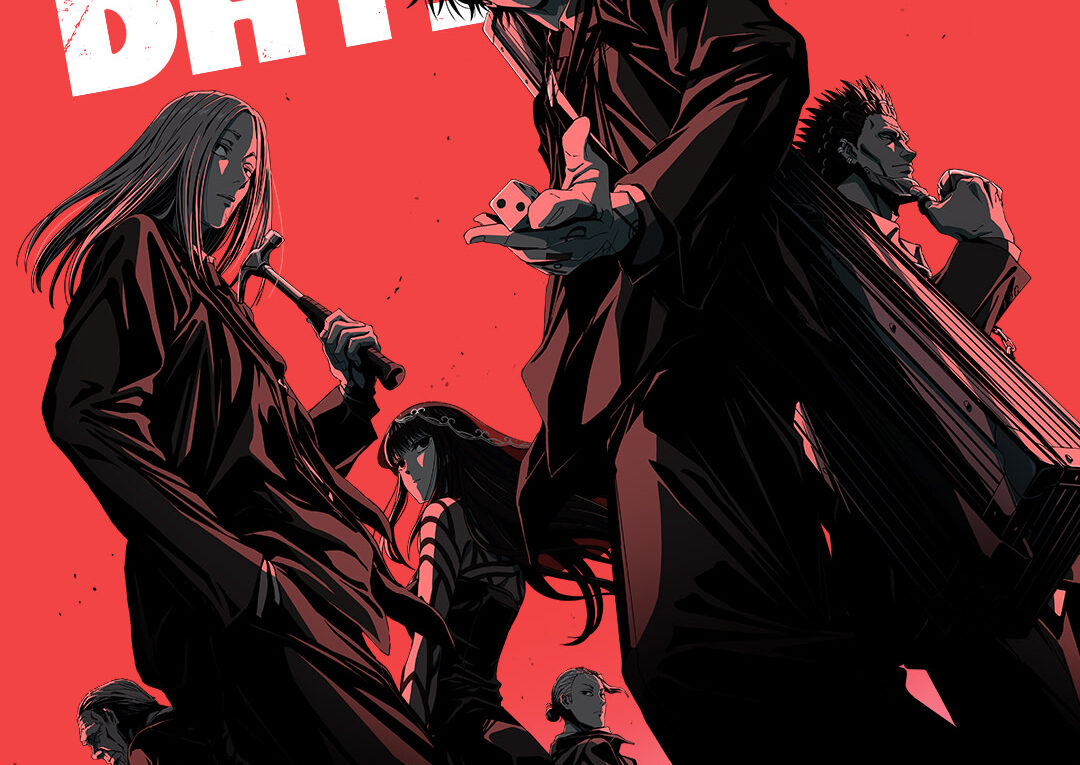English Dub Review: Sakamoto Days “Vs. Son Hee and Bacho”
Overview (Spoilers Below):
While out on an errand, Sakamoto and Shin encounter Lu Shaotang, the daughter of a mafia boss, who’s on the run and targeted by twin assassins.
Our Take:
I still find it hard to believe that people were skeptical about this anime at first. As someone who hasn’t read the manga, I was only interested in it because of its concept involving a retired hitman being a family man. Upon watching the first episode, I wasn’t disappointed by how it turned out regarding its fun humor and presentation. Fortunately, it looked like everyone felt the same way, putting their initial doubts at ease for now. With the series being split into two cours, its only mission now is to retain those given expectations throughout the first few months of 2025.
Unsurprisingly, the second episode showcased that the mission has gotten off to a strong start with another entertaining showdown between Sakamoto and the criminal underworld. However, it’s also not without its heart that drives the characters amid the show’s stylized approach and violence, mainly Sakamoto. The episode shows that Sakamoto is living under Aoi’s no-kill policy and is threatened with a divorce if he breaks it. It not only adds plenty of potential stakes regarding Sakamoto’s future confrontations and comedy but also emphasizes Sakamoto’s desire to leave the past behind in favor of helping people due to his love for Aoi. Of course, Shin would also have to follow the no-kill policy as well since he’s considered part of the family.
The episode also featured another new member joining the Sakamoto Convenience Store family: Lu Shaotang. Lu is the daughter of a Chinese mafia boss who was killed by the murderous twin assassins Son Hee and Bacho, whom Donshokai sends to retrieve the key to her family’s safe. In the English dub version, Lu is voiced by Rosalie Chiang, who’s highly known for voicing Meilin Lee in Pixar’s “Turning Red”, adding to an already impressive lineup. Lu’s air-headed but competent personality was handled pretty well through Chiang’s vocal performance, even if some of her line deliveries were more forced than others. Considering my appreciation toward her in “Turning Red”, I’m glad that Chiang was able to get more work, especially in the voice acting department. This, along with its entertainment values and the characters’ diverting chemistry, makes “Vs. Son Hee and Bacho” another satisfying chapter in Sakamoto’s seemingly “tranquil” retirement.























"There are also other characters that come and go (also owned by the Warner Bros. Discovery conglomerate media company)."
Huh. Is that just referring to other characters from the show itself, or is this implying that the new season is going to have cameos from other WBD IPs